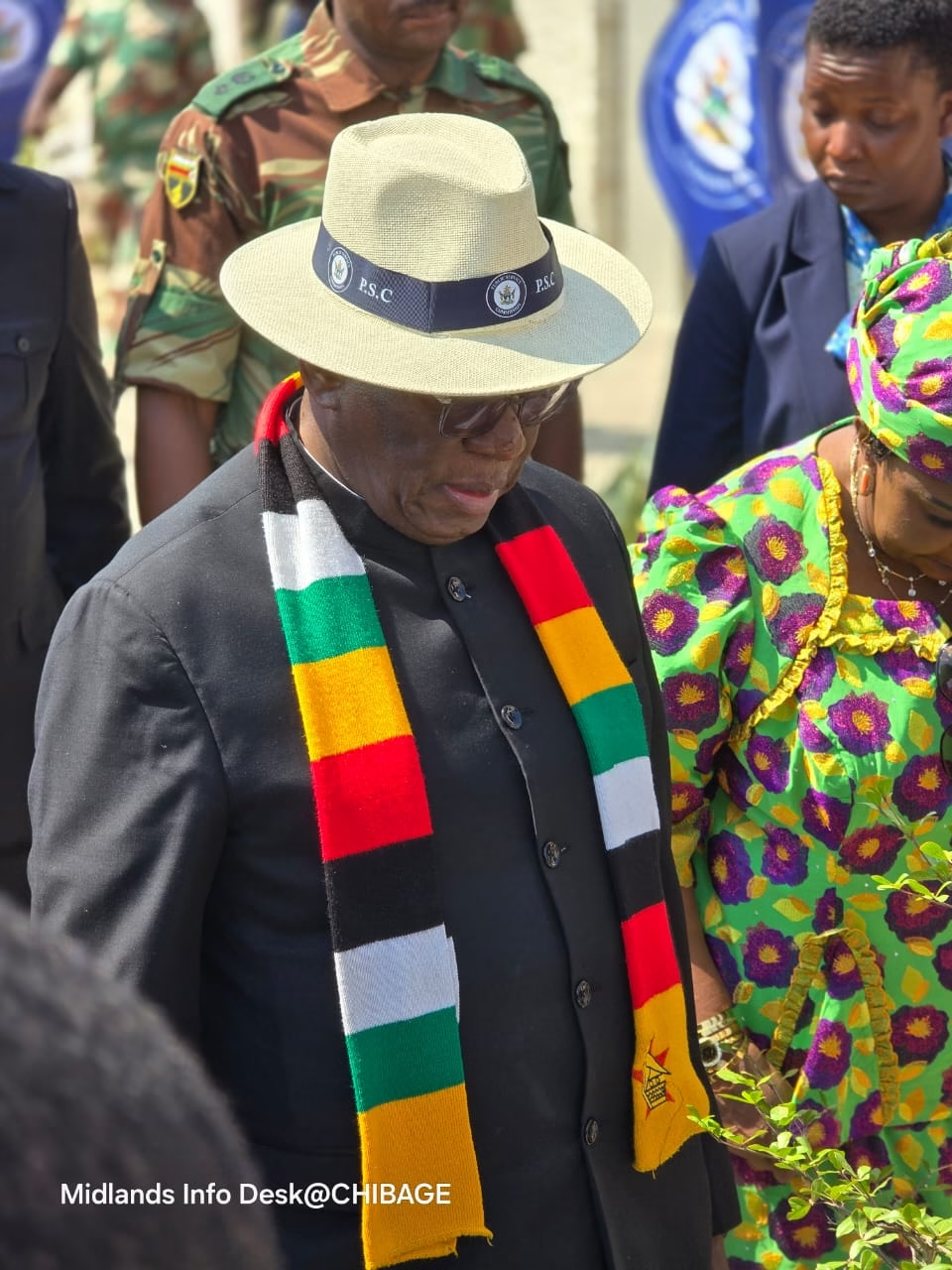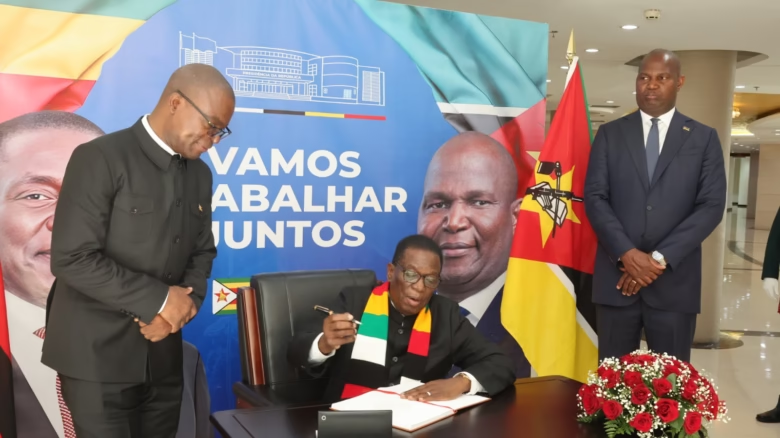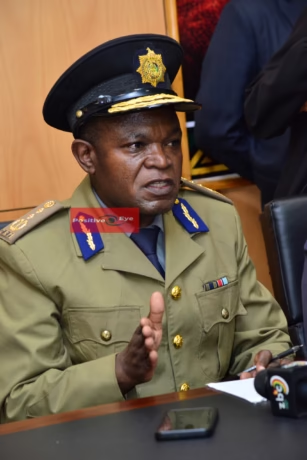
The President and First Secretary of ZANU PF delivered a landmark address at the second edition of the Munhumutapa Day Celebrations in Zvishavane, Midlands Province, providing a detailed vision for youth empowerment, cultural preservation, and long-term socio-economic development. The address went beyond ceremonial remarks, blending historical reflection with practical guidance on harnessing the energy, skills, and innovation of young people to advance national priorities and secure Zimbabwe’s future.
Central to the speech was the call for the youth to internalise the values of the Munhumutapa Empire, including sovereignty, trade, cultural pride, and strong governance. By drawing connections between historical nation-building and contemporary challenges, the President positioned young people as inheritors of a legacy that is both symbolic and practical. This framing emphasises that the youth are not merely beneficiaries of state-led empowerment programmes, but active participants responsible for translating Zimbabwe’s heritage into tangible development outcomes that advance the country socially, economically, and politically.
The President stressed that true patriotism involves putting the country first, defending its sovereignty, and promoting unity, discipline, and hard work. In highlighting the modern threats faced by young people, including drug and substance abuse, cultural decadence, and divisive tendencies, the President underscored that national development depends on the integrity, focus, and responsibility of the youth. By linking these warnings to opportunities in heritage-based education, technology, agriculture, mining, renewable energy, and value addition, the President set a clear expectation that young people must actively participate in building Zimbabwe’s Vision 2030, aiming for an upper-middle-income economy.
Empowerment initiatives cited during the address, including the Munhumutapa Housing Scheme, the Presidential Youth Empowerment Fund, the Presidential Mechanisation Programme, and livestock initiatives, illustrate the government’s approach to equipping the youth with tools and resources to transform their lives, their communities, and the nation. The President challenged the youth to leverage these programmes to foster self-reliance, create economic opportunities, and contribute to sustainable development at both local and national levels.
The President also emphasised the role of the ZANU PF Youth League as a mobilisation structure and a conduit for implementing state initiatives. The President applauded the League’s organisational capabilities and their success in rallying the youth to participate in socio-economic and political affairs. This dual focus on mobilisation and empowerment demonstrates the administration’s approach to linking political engagement with tangible development outcomes.
Furthermore, the President encouraged young innovators to embrace ICTs and technological solutions to address challenges in public service delivery, transport, health, environmental management, agriculture, and renewable energy. Emphasis was placed on agro-manufacturing, value addition in mining, and participation in emerging industries, signalling that no sector of the economy is off-limits for youth involvement. By drawing inspiration from the Munhumutapa Empire, which thrived through trade, governance, and cultural cohesion, the President positioned history as a benchmark for modern economic and social planning, urging young people to translate ancestral successes into contemporary national achievements.
The President also addressed the broader responsibility of young Zimbabweans in the diaspora, calling on them to protect their identity, uphold national values, and contribute to the development of the country. By framing the fight against vices such as drugs and cultural decay as a continuation of the liberation struggle, the President reinforced the idea that national development requires both moral and practical commitment from the youth.
In conclusion, the President’s address provided a comprehensive framework linking historical heritage, youth empowerment, innovation, and national development. It reflected a deliberate strategy to foster a disciplined, skilled, and patriotic generation capable of sustaining Zimbabwe’s progress. Analysts note that the speech underscores a governance philosophy in which cultural pride, political loyalty, and youth engagement are mutually reinforcing pillars that drive long-term resilience, unity, and socio-economic advancement. The Munhumutapa Day celebrations, now on a rotational basis across provinces, continue to serve as a platform to inspire the youth to embrace their legacy, actively participate in nation-building, and contribute to a prosperous Zimbabwe.




